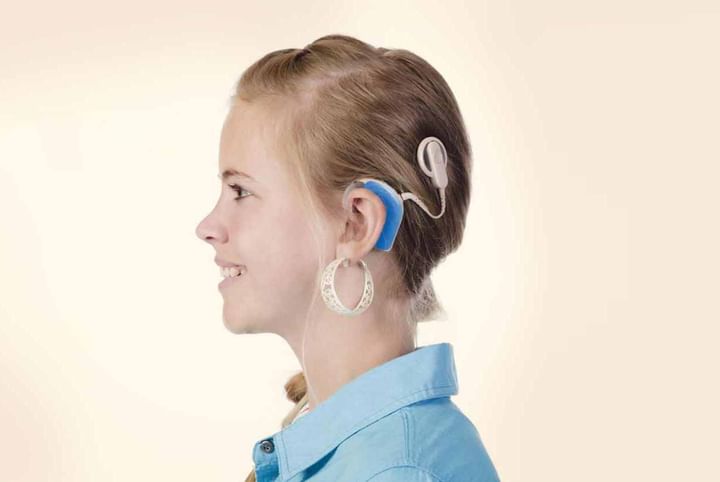Cochlear Implant - Who Should Actually Go For It?
Traditionally, people resort to hearing aids in order to take care of their auditory problems. The perception of hearing reduces as age progresses and people find it absolutely necessary to come up with ways by which they can improve their hearing. However, cochlear implants have become extremely popular because of the method that it uses in comparison to the traditional methods of hearing aids.
What is a cochlear implant?
A cochlear implant is an electronic medical device that replaces the function of the damaged inner ear. Unlike hearing aids, which make sounds louder, cochlear implants bypass the damaged hair cells of the inner ear (cochlea) to send signals to Auditory nerve. Cochlear implant bypass the damaged hair cells in cochlea & send signals to Auditory nerve.
Who can they help?
The cochlear implant technology can help people who:
- have moderate to profound hearing loss in both ears
- receive little or no benefit from hearing aids
- score 50% or less on sentence recognition tests done by hearing professionals in the ear to be implanted
- score 60% or less on sentence recognition tests done by hearing professionals in the non-implanted ear or in both ears with hearing aids.
Many people have cochlear devices in both ears (bilateral). Listening with two ears can improve your ability to identify the direction of sound and separate the sounds you want to hear from those you don’t.
What are the benefits of a cochlear implant?
Many adults with cochlear implants report that they:
- Hear better with a cochlear implant than with a hearing aid
- A previous study has shown that people with a cochlear implant achieve an average of 80% sentence understanding, compared with 10% sentence understanding for hearing aids1.
- Can focus better when in noisy environments.
- Find it easier to have conversations with people across meeting tables, in restaurants and other crowded places.
- Reconnect with missed sounds that they could not hear before their cochlear implant.
- Feel safer in the world as they can hear alarms, people calling out and approaching vehicles.
- Talk and hear on the phone.
- Enjoy music.
??How is a cochlear implant different from a hearing aid?
A cochlear implant is very different from a hearing aid and is appropriate for individuals for whom hearing aids fail to provide benefit. A hearing aid makes sounds louder. Sound still travels through all the portions of the ear (outer ear, middle ear, inner ear) to the hearing nerve. A cochlear implant bypasses these structures and directly stimulates the hearing nerve with electrical energy. Because hearing aids amplify sounds and rely on the hearing system to convey the message, people with severe to profound hearing loss may be able to hear, but not understand speech well. The main objective of a cochlear implant is to improve speech understanding in quiet. Clarity with a cochlear implant is usually better than a hearing aid because the implant does not make sounds louder but delivers them to the hearing nerve.
There are a number of symptoms, which people should be looking out for before concluding that they have a hearing disorder:
- Inability to hear properly
- Excessive ear pain and stress on the brain
- Failure to communicate properly
- Discomfort in the mouth or nose
- Other feelings of anxiety or stress that may actually be a consequence of the hearing loss problem
In case you have a concern or query you can always consult an expert & get answers to your questions!



+1.svg)
